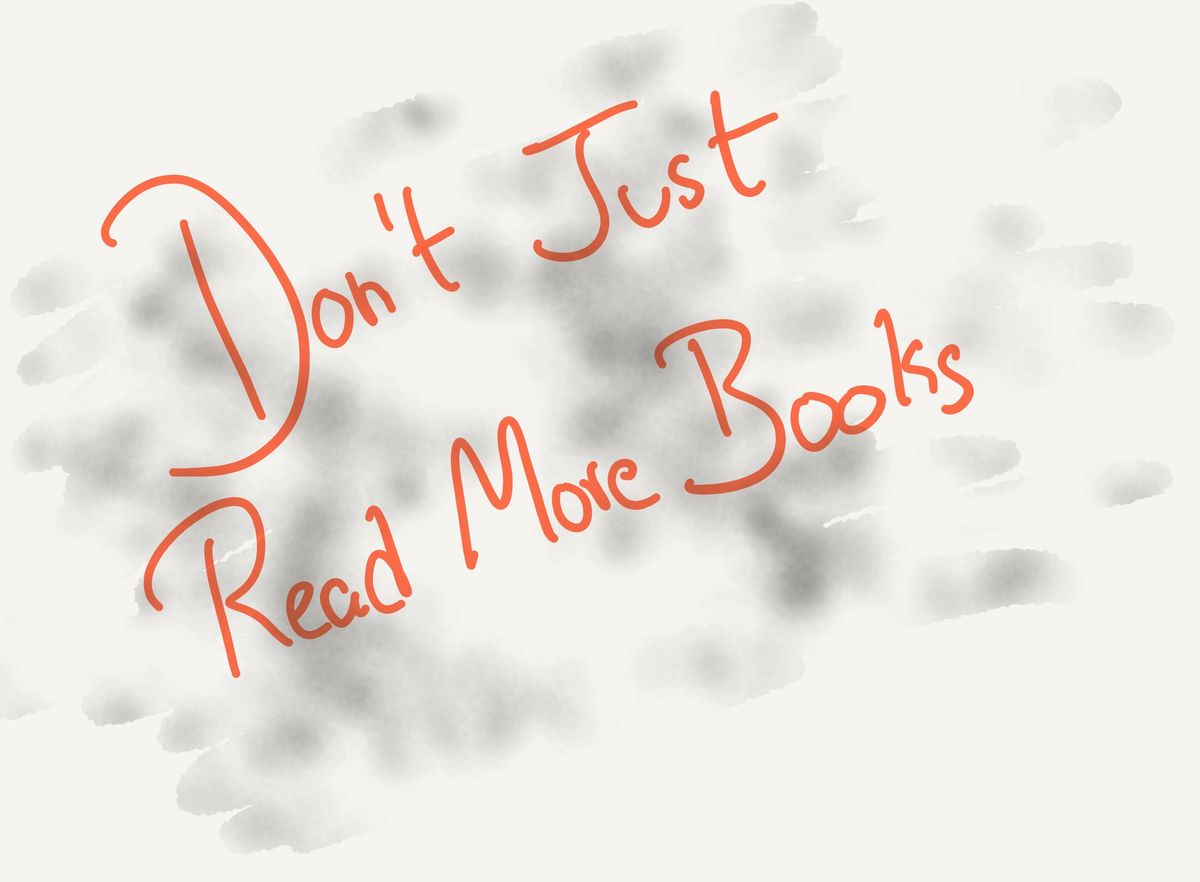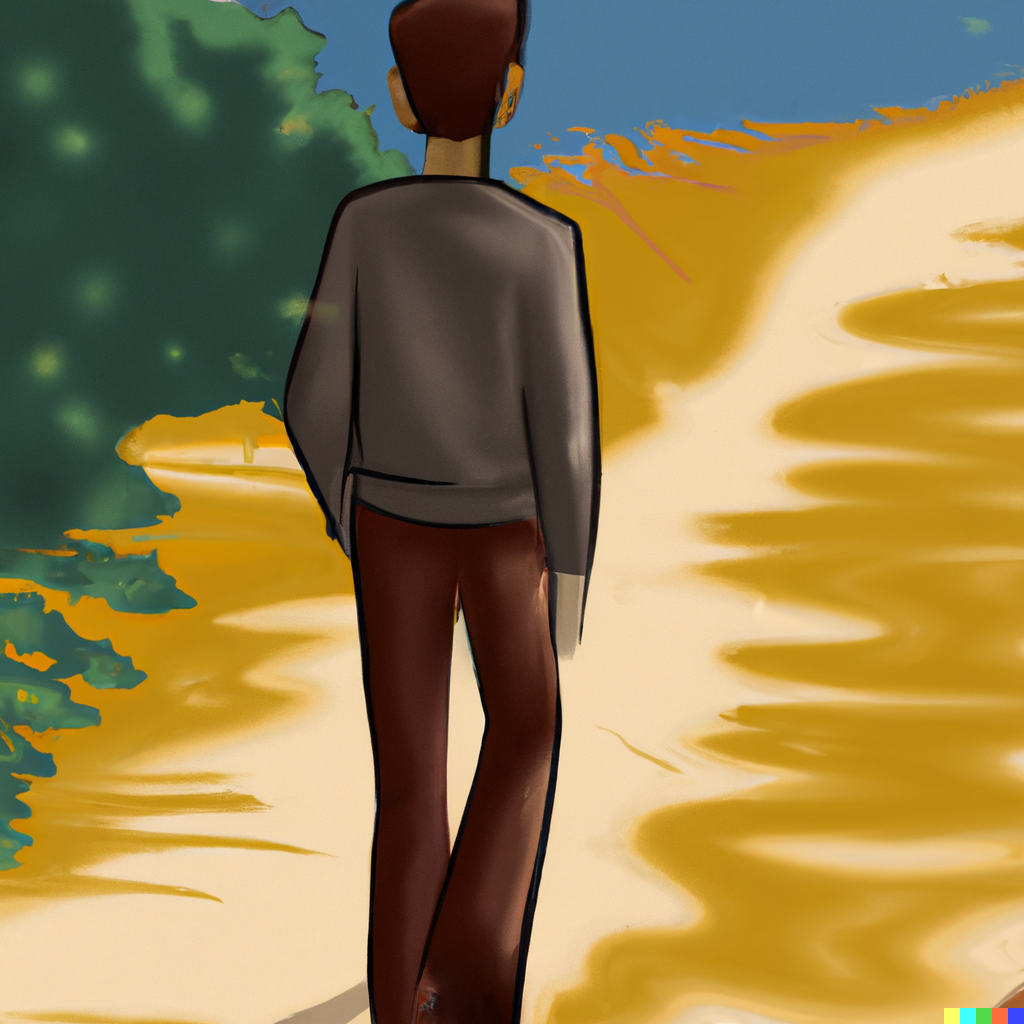Don’t Just Read More Books

I have read about 250 books in the past five years. That's a big number. A number I can brag about on Goodreads or to my friends. I know people who have read double or triple that amount. But it doesn't matter. The number of books read is not a good metric to optimize for.
This is because once you start optimizing for a metric, it ceases to be a good metric. The definition of Goodhart's law. Here's an example of that:
In British occupied India, there was concern around a large number of venomous cobras in the city of Delhi. This makes the city less than ideal to live in. So the British decided to incentivize killing these Cobras by offering a bounty.
You kill a cobra, you get money, and the population of cobras decreases. Problem solved right?
Not quite. People started to breed cobras to game the system. The number of bounties claimed never went down, since the population of cobras remained unchanged, or even increased.
The government found out about this and scrapped the bounty program. What happened to all those cobras bred? They were released into the wild. The incentive to reduce the venomous creatures backfired.
The metric that was used, the number of cobras killed, stopped being a good metric the moment it was optimized.
Similarly, when you start optimizing for the number of books read, you will subconsciously perform acts that are counterproductive to the reason you want to read more, i.e, to learn. I was a victim of this. I wanted to read more to learn things that I was interested in. The way I measured that was the number of books I read. I was complicit in creating the conditions I don't want.
I started picking smaller, less dense books as opposed to long and more difficult books. I read faster so I could add another book to the pile instead of gaining knowledge.
I learned less and wasted time. I had to re-read the books to learn the core ideas. If I had just read it once, slowly, with the intention of learning, then I would have saved time.
Another issue with maximizing books read is that it will force you to finish books. Not all books need to be read cover to cover. Sometimes you only need to read a chapter or two to find information relevant to you. The rest is just fluff.
I have pushed past many books that I should have quit after the first 30 pages. Either the information present was something I already read or it was not relevant.
You are not obligated to finish a book you picked up. Sure you paid for it, but don't let sunk cost bias stop you from putting it down. You can only read so many books in your lifetime (Tim Urban has an excellent blog post about this).
Don't just read books for the sake of reading books. It's not just a metric to optimize. Pick up tough books. Re-read books. Take notes. Write about them. Take your time, slow down, and enjoy the process of reading.
What I've Been Consuming This Week
I re-read Steal Like An Artist by Austin Kleon among other things. The premise is that the best way to improve a skill is to observe and "steal" from masters. There's a quote in the book that resonates with me:
What is originality? Undetected plagiarism. ~ William Ralph Inge
It reassures me that waiting for original ideas won't let you write the stuff you want to write. You have to reiterate ideas you have come across. Ideas are built upon ideas. Books write more books. Art creates more art.
